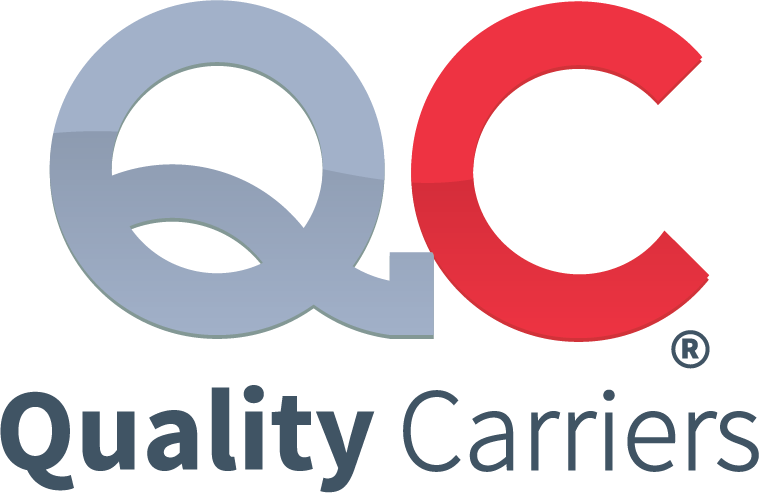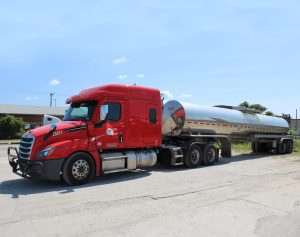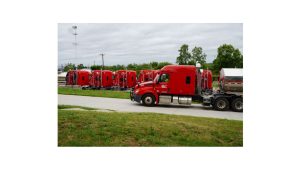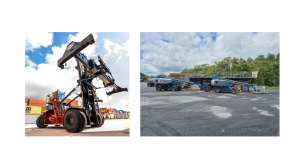When it comes to the world of trucking, you may have heard the term “owner operator” thrown around, but what exactly does it mean, and why is it so important in the industry? In the U.S., there are around 350,000 to 400,000 owner-operators, making up about 15-20% of the trucking industry. Owner-operators are an important part of the trucking workforce, handling many types of freight that larger companies may not.
The owner operator trucking lifestyle provides a unique opportunity for drivers to combine entrepreneurship with their passion for the road. According to the Owner-Operator Independent Drivers Association (OOIDA), these drivers travel over 120,000 miles each year and enjoy the freedom to set their own schedules. However, this lifestyle also means spending long periods away from home, showing the trade-off between independence and the challenges of the job.
What Does It Mean to Be an Owner Operator in the Trucking Industry?
Owner operators in trucking are drivers who own their own trucks and run their own business. This means they are not employed by a trucking company but instead work for themselves. Because of this, they have more control over their work, such as choosing the loads they want to transport and setting their own schedules. This freedom allows them to decide when and where they work, which can be a big advantage for people who value flexibility.
However, being an owner operator also comes with extra responsibilities. They have to pay for their own truck repairs, fuel, insurance, and other expenses. They must also handle the business side of things, like keeping track of their earnings, taxes, and paperwork. While the job can be rewarding and offer more independence, it also requires hard work and good planning to be successful.
Here’s how to become an owner-operator in the trucking industry, from gaining experience as a driver to managing your own business.
How to Become an Owner Operator
Taking the right steps to become a successful owner-operator begins with gaining experience as a company driver. This phase not only helps you master the technical aspects of driving but also provides valuable insights into the logistics and operations of the trucking industry.
Start as a Company Driver
Most owner-operators begin their careers as company drivers. This step is essential for gaining the experience and skills to run your business. Driving for a company allows you to learn the ins and outs of the trucking industry, build a reputation, and save up for your first truck.
Transitioning to Ownership
Becoming an owner-operator means leaping into business ownership. The first step is securing your truck by purchasing or leasing it. Afterward, you must register your business, get proper insurance, and secure the necessary licenses and permits. This process can be costly, so planning and budgeting are key.
Responsibilities of an Owner-Operator
Running a Business
Being an owner-operator means you’re responsible for everything—from finding loads to managing expenses. You’ll need to handle contracts, track expenses, and ensure you have enough income to cover fuel, maintenance, and insurance costs. You’re your own boss, which means you’re in charge of everything.
Maintaining Your Truck
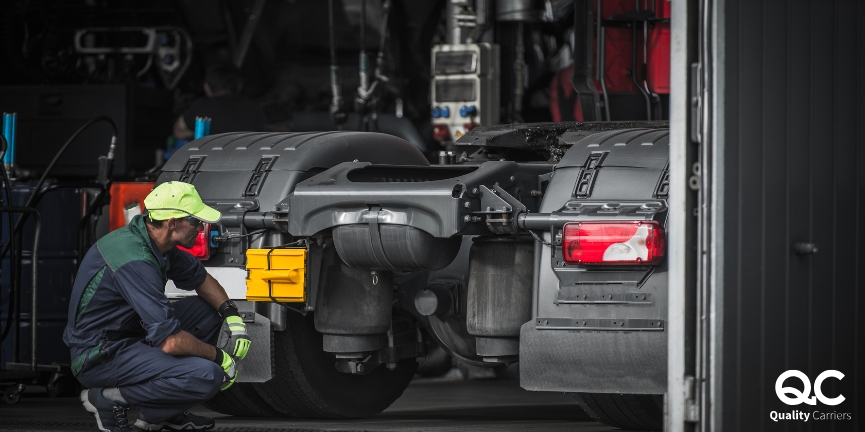
Your truck is your livelihood, so keeping it in good shape is essential. Regular maintenance, repairs, and inspections are part of the job, and neglecting them can lead to costly downtime. For many in the truck owner operator business, preventive maintenance is the key to ensuring that operations run smoothly and profitably.
Choosing Loads
One of the perks of being an owner-operator is selecting which loads you want to haul. This gives you control over your routes and schedule, maximizing your earnings and balancing your work-life commitments.
Advantages of Being an Owner Operator
Freedom and Flexibility
As an owner-operator, you control your schedule. You can choose when to work and when to take time off. This flexibility is one of the biggest reasons drivers make the switch.
Potential for Higher Earnings
While running your business has costs, it also allows you to earn more than company drivers. You keep a larger share of the profits, making it a rewarding option for those willing to put in the effort.
Challenges of Being an Owner Operator
Financial Risks
Starting as an owner-operator requires significant upfront costs, from buying a truck to securing insurance. Managing these expenses and staying profitable can be challenging, especially when unexpected repairs or slow periods arise.
Finding Consistent Work
Securing steady contracts can be tough, especially if you’re new to the business. Many owner-operators partner with carriers or use load boards to find jobs, but building a reliable client base takes time.
Time on the Road

The freedom to choose your workload doesn’t eliminate the demands of trucking. Owner-operators often spend long hours or days away from home, which can be tough on families.
Is This the Right Path for You?
Becoming an owner-operator isn’t for everyone. It requires a mix of driving skills and business savvy. If you’re disciplined, enjoy being your own boss, and are ready to manage the responsibilities, this could be a great career move. Contact Quality Carriers for guidance and to help you navigate your trucking journey.
Final Thoughts
Becoming an owner-operator is a big step with rewards and responsibilities. It’s about taking control of your career, but not without hard work. If you’re passionate about trucking and ready to tackle the challenges of running your own business, this path could lead to a fulfilling and flexible career.
Frequently Asked Questions
A company driver works for a trucking company and follows their schedule. An owner-operator owns their truck and runs their own business.
The cost can vary, including expenses like buying or leasing a truck, insurance, licenses, and maintenance. You may need $50,000 or more to start.
They can, but it depends on how well they manage their business. Higher earnings are possible, but so are higher costs.
Yes, one of the main benefits is the ability to pick which loads to haul, offering flexibility and control over work schedules.
Some of the toughest parts of the job are managing finances, keeping the truck in good condition, and finding steady work.
